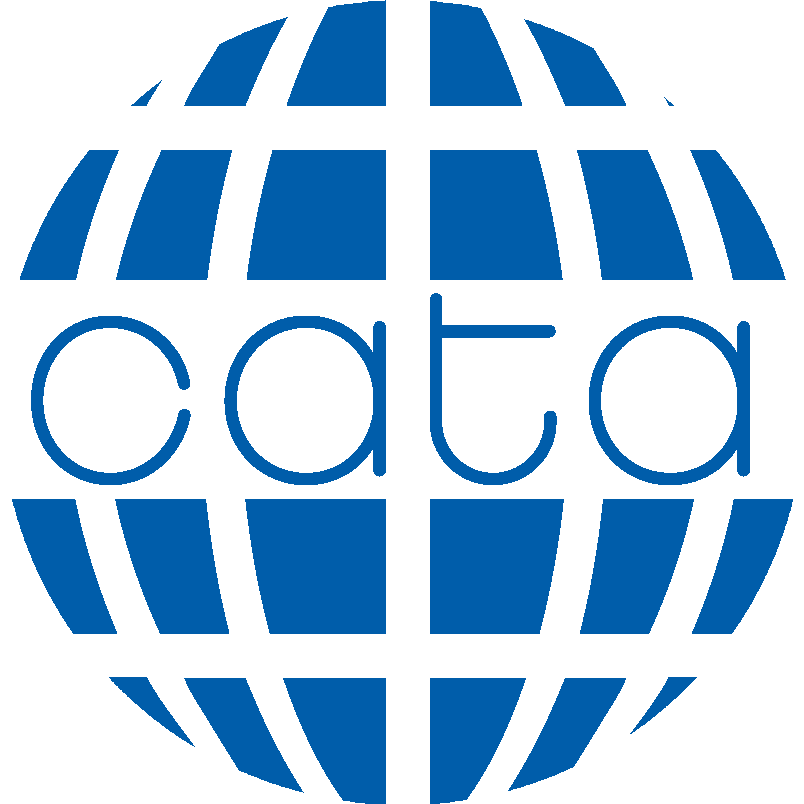Maldives: MIRA‘s Compliance Improvement Plan 2022
Article by Asma Shafeeu
The Maldives Inland Revenue Authority (MIRA) has always worked towards promoting voluntary compliance by making it convenient for taxpayers to fulfil their tax obligations. The primary goal of MIRA is to collect the taxes and duties payable in accordance with the law in a manner that will sustain confidence in the tax system and the administration. As a member of the Inclusive Framework, more focus has been given on targeting the sources of tax revenue, particularly with respect to behaviors and arrangements that seek to erode the tax base or are perceived to engage in aggressive tax avoidance activities. To achieve this, MIRA is working on implementing international best practices across the organization.
In 2021, MIRA published its Compliance Risk Management Policy that is implemented through an annual Compliance Risk Improvement Plan. Under this plan, the compliance risks are identified, assessed, differentiated and treated based on taxpayers’ segments and their attitude to compliance.
Compliance Improvement Plan 2022
MIRA published its Compliance Improvement Plan 2022 outlining five main priorities and four other compliance improvement activities. The overall objective of this plan is to facilitate the compliance process by creating an environment in which easy administrative procedures, systematic guidance of the taxpayers and a variety of incentives will make the taxpayers comply with their tax obligations to the highest extent possible.
During the period of this plan, MIRA’s efforts will focus on the expansion of the tax base and collection of the appropriate amount of tax from taxpayers. This is going to be achieved through undertaking various initiatives targeted to influencing the current taxpayers’ compliance behavior and strong enforcement measures for intentional non-compliance attitude leading to reduction of the tax gap.
1. Compliance improvement activities
1.1. Improving tax literacy of taxpayers and general public.
The first compliance improvement activity for the year 2022 is to improve tax literacy of taxpayers and public. The current plan gives a high importance to educating the taxpayers and public on the tax rules and newly introduced Income tax regime. Nationwide awareness campaigns on tax rulings and information sessions on avoiding common errors in tax returns are some key activities planned for the year. Additional focus group trainings to individuals earning income from multiple sources and industry or sector-focused awareness sessions are also planned to take place.
1.2. Widening tax population through focused registration programs.
MIRA intends to widen its tax population through focused registration programs in areas such as rental income earners, transportation, fisheries and unregulated businesses, and carrying out compliance interventions to treat risks of the years 2018 and 2019. The purpose of this activity is to capture taxpayers under the tax net and promote self-compliance within these industries.
1.3. Guiding micro and small businesses towards better compliance.
Micro and small businesses require a simplified tax regime to increase their level of compliance. This would include providing facilitation and assistance in fulfilling filing and payment obligations on time by making them aware of the online platforms such as ‘Vaaru Pay’ and ‘MIRA Connect’. Surveys among the small taxpayers are planned to be conducted in order to identify their challenges to tax compliance. Thus, depending on the outcome of the survey, additional information sessions focusing specially on micro and small businesses in specific areas such as record-keeping requirements of specific sectors are planned to be conducted. Additionally, GST deregistering of inactive and low-income businesses are planned to be conducted regularly to maintain an up-to-date taxpayer registry.
1.4. Securing tax compliance of medium and large taxpayers.
The tax compliance of medium and high-income business and individuals are often a key area to focus on when making a compliance improvement framework. As this group of taxpayers contribute a large percentage of the tax revenue in Maldives, periodic monitoring of compliance is crucial. Therefore, MIRA plans to continue carrying out risk-based audits of the high-risk taxpayers and crossmatch their tax information with third-data sources to detect any delinquencies. Further, MIRA plans to instigate criminal investigations of tax evaders and take necessary actions on them.
1.5. Prioritizing enforcement actions against high-risk non-compliers.
The enforcement activities of MIRA have been kept at a minimum over the past years due to the various tax reliefs offered to the taxpayers during the pandemic. However, as the economy is recovering and economic activities are now improving, MIRA plans to continue its regular enforcement activities. This includes taking differentiated actions on outstanding dues based on severity of non-compliance and expanding the enforced collections through third-party recovery mechanism such as banks. Additionally, the fine reliefs and installment payment arrangements given to non-compliers during the pandemic will be restricted. MIRA will also resume publicizing information of repeated non-compliers on the website.
2. Other compliance improvement activities of MIRA
o Proposing amendments to the Tax Administrative Act and Regulation to align MIRA's compliance program with international best practices
o Re-designing of MIRA website to facilitate easy access to tax information
o Issuing industry and issue specific tax guides
o Digital mapping of taxpayers in Male' region to monitor tax compliance
MIRA will be continuing its routine programs of detecting and deterring non-compliance through risk assessments and treatment strategies.
Conclusion
The Maldivian economy has demonstrated significant resilience through the pandemic, bouncing back with a steady growth momentum. The economy has started to move to a recovery phase and business activities has started looming. Dues and other government revenues of the previous years are planned to be collected by MIRA and additional compliance activities are to be initiated according to the Compliance Improvement Plan 2022. MIRA hopes its compliance improvement plan can help to close tax loopholes and efficiently address tax avoidance cases. Further, through educating taxpayers and facilitating access to credible information, MIRA aim to build public confidence and strengthen the integrity of the Maldivian tax system.
